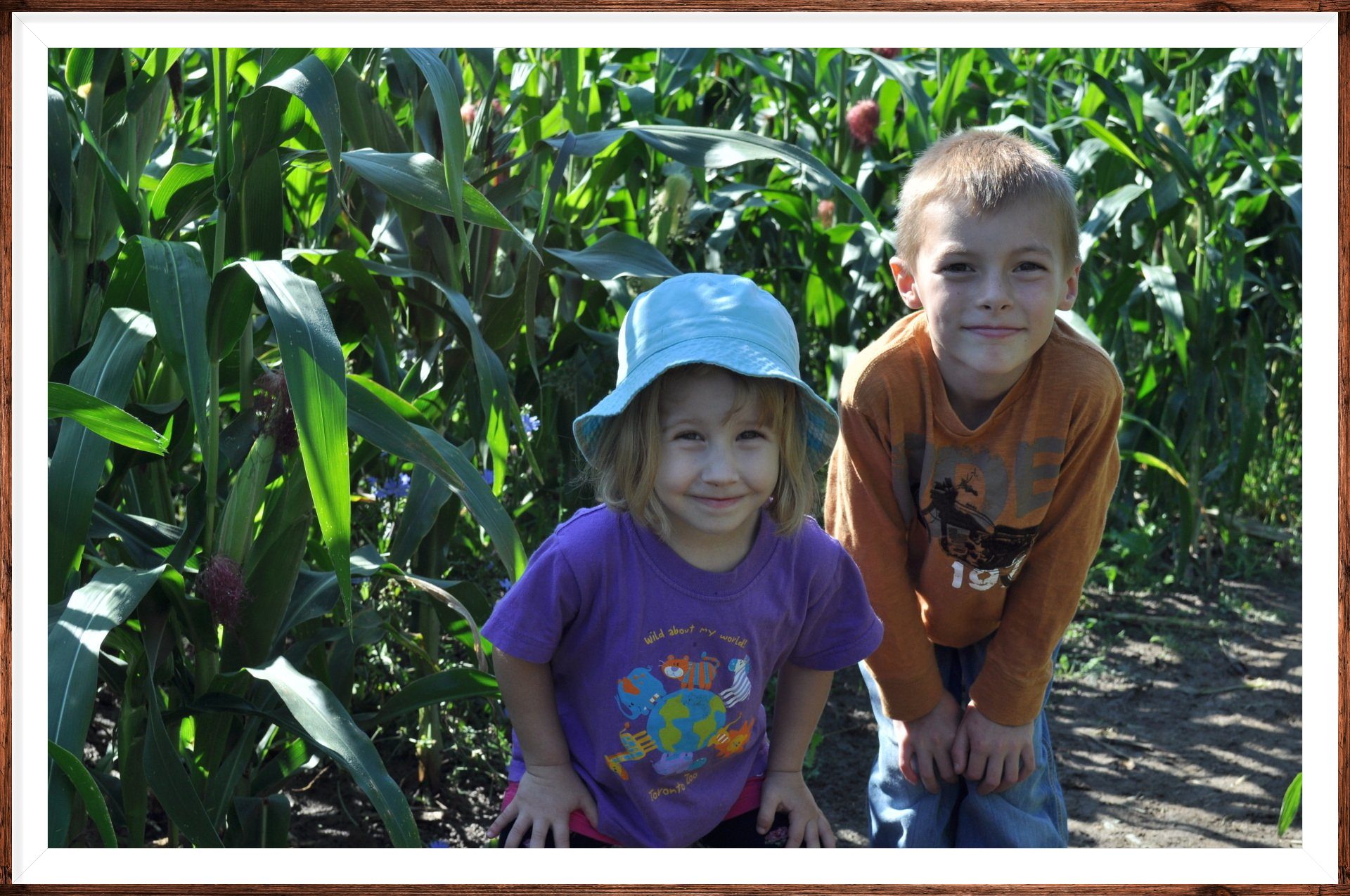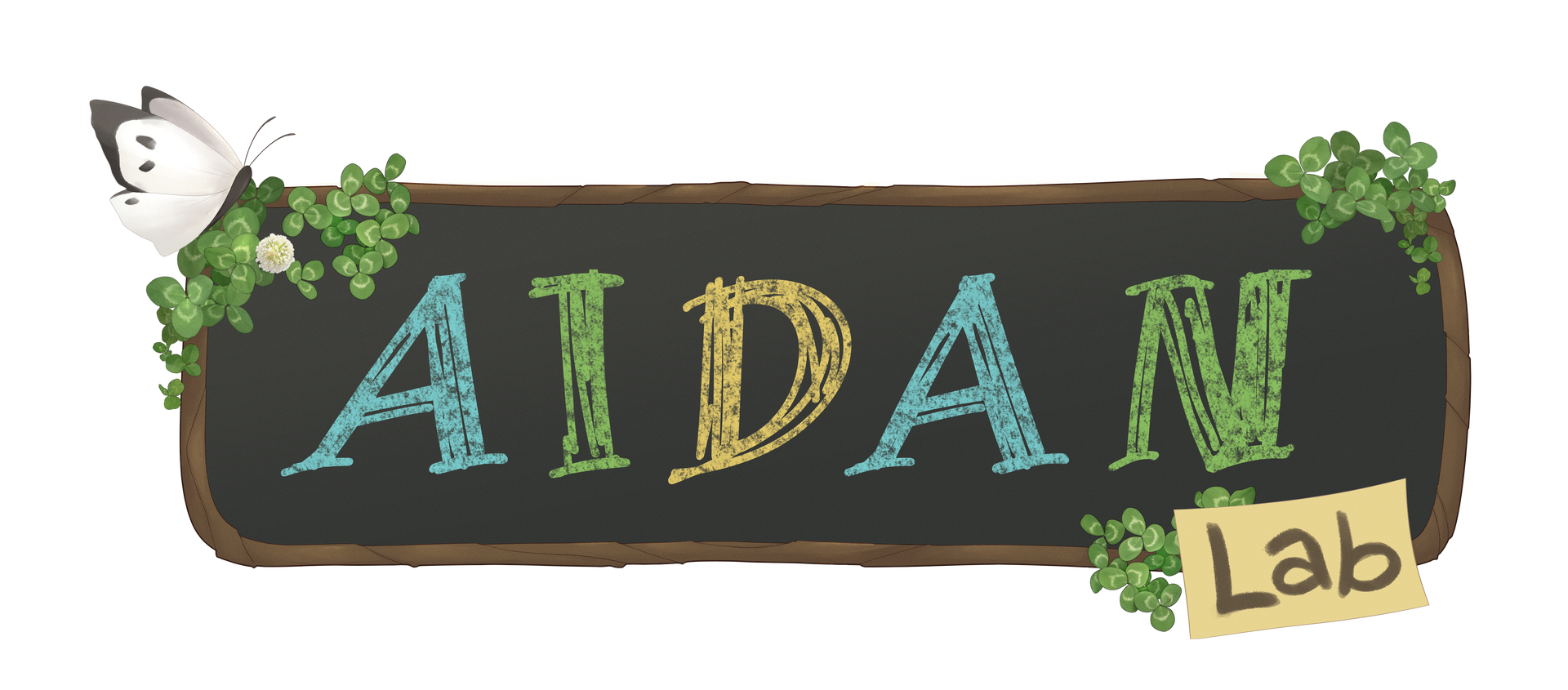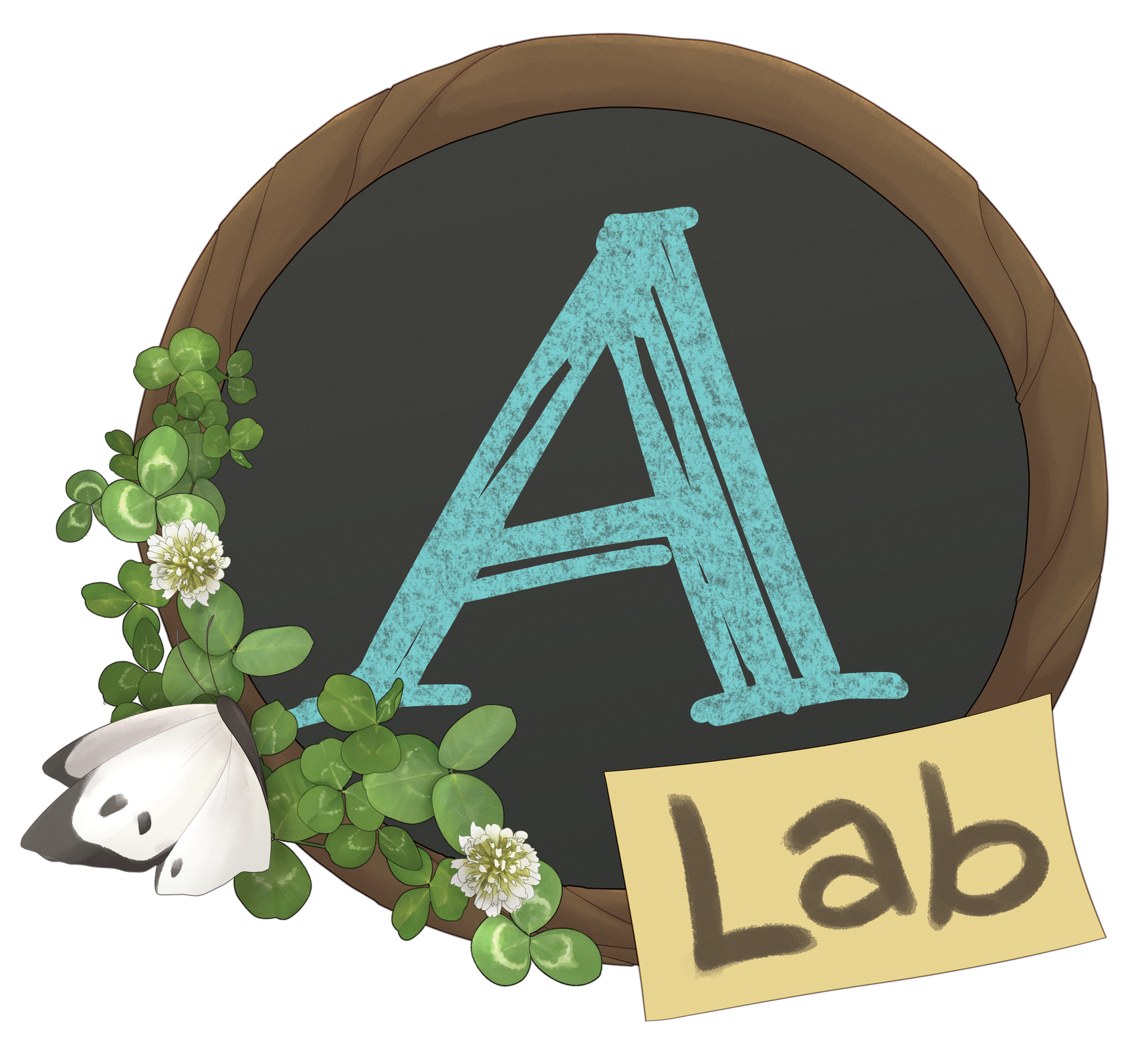The AIDAN LAB
The AIDAN Lab cultivates a collaborative and mentorship-centered environment that empowers students to proficiently develop the necessary skills for top-notch research.
Headed by Dr. Heather M. Brown, an Autistic researcher specializing in autism, our diverse research network comprises numerous faculty, students, volunteers, and community members.
If you wish to show your support for our efforts, kindly consider making a donation!
Some Important Definitions
-
NeurotypicalList Item 1
Any individual whose neurological makeup is similar to most other brains
-
NeurodivergentList Item 2
Any individual whose neurological makeup differs from the norm (such as autism or ADHD)
-
NeurodiversityList Item 3
The biological fact that all brains are different
-
Neurodiversity MovementList Item 4
A social-justice movement that urges us to include and respect people whose brains work in different ways, regardless of ability or disability
The Neurodiversity Paradigm is based upon three fundamental assumptions
(Ryan, 2022; Walker, 2014):
- Diversity in human brains is valuable
- A "normal" brain is a culturally constructed fiction
- The power inequalities and stigma experienced by neurodivergent peoples mirror social dynamics toward other minority identities (such as ethnic and cultural minorities)


OUR MISSION
- To capture all the ways in which autistic people
thrive
...at home, school and in the greater community - To uncover strategies to support the academic achievement and overall well-being of autistic children, youth and adults
Vision
The AIDAN Lab is dedicated to producing and disseminating knowledge about supporting autistic children, youth, and adults. We are committed to strength-based learning approaches in autism; to move beyond targeting deficits, and instead utilize environmental supports to strengthen function-focused abilities
(Steiner et al., 2018)
These approaches can “empower autistic people to be happy and live fulfilled lives”
(Urbanowicz et al, 2019). By studying how autistic individuals learn, our research will inform the creation of targeted supports for autistic students to bridge the gap between academic success in childhood and successful involvement in society in adulthood.
Collaboration
Collaborative partnerships improve the health and well-being of a community by encouraging people to get together and make a difference. Thus, the research conducted within the AIDAN Lab utilizes various methodological frameworks, activities, and collaborative efforts with autistic co-researchers to ensure that autistic voices are valued and heard throughout all stages of the research process. We are committed to knowledge translation in academic and public settings, increasing the accessibility of research findings.
Diversity
The AIDAN Lab is a safe and welcoming space for students, faculty, and staff with disabilities and their allies. We recognize that all aspects of human diversity are natural and valuable, including ability, race, ethnicity, religion, class, gender identity, and sexual orientation. In line with the mantra of the Autistic Self-Advocacy Network (ASAN), Nothing About Us, Without Us, we aim to recruit neurodivergent individuals to lead our efforts in promoting systems change and success for all neurodivergent individuals.
We are deeply aware that neurodivergence intersects with many other minority identities and as such, we are committed to amplifying the narratives of multiply marginalized autistic people, and challenging historical and ongoing oppression to showcase autism as a “personal cultural identity characterized by pride” (Chiang, 2019; Peters, 2000).
Education
To educate the university and broader community about ableism (including both its overt and more subtle forms) by offering interactive learning opportunities.
Ableism is...
"A set of beliefs or practices that devalue and discriminate against people with physical, intellectual, or psychiatric disabilities and often rests on the assumption that disabled people need to be ‘fixed’ in one form or the other. Ableism is intertwined in our culture, due to many limiting beliefs about what disability does or does not mean, how able-bodied people learn to treat people with disabilities and how we are often not included at the table for key decisions"


